- Commercial Reverse Osmosis Water Treatment Systems
- Industrial Reverse Osmosis Water Treatment Systems
- Ultrafiltration UF Water Treatment Systems
- Ion Exchange Water Treatment System
- Containerized Water Treatment Systems
- Customized Water Treatment System
- Bottle Water Filling Line
- Water Mechanical Micron Filters
- Stainless Steel Water Treatment Equipments
- Water Treatment Parts
- Water Sterilization
Can Indonesian tap water be consumed directly?
With the acceleration of urbanization in Indonesia, tap water has become the main source of drinking water for residents. However, the issue of whether Indonesian tap water can be consumed directly has attracted widespread attention. This article will delve into the quality status of tap water in Indonesia and explore whether reverse osmosis water purification systems are key to ensuring safe drinking water.
Investigation of tap water quality: potential hazards raise concerns
A survey on the quality of tap water in Indonesia shows that due to pipeline aging, water source pollution, and improper treatment, there are certain levels of microorganisms, heavy metals, and organic substances in tap water. These potential harmful substances pose a threat to the health of residents, so drinking tap water directly poses certain risks.
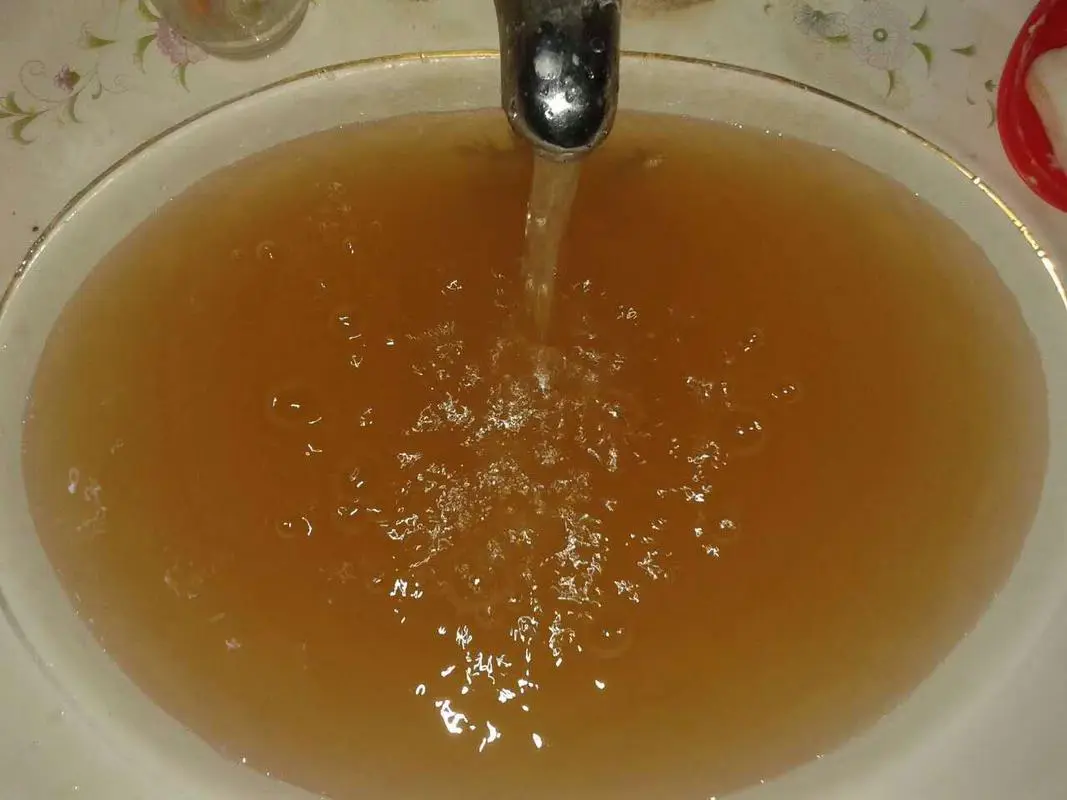
The main problems in tap water
Microbial contamination: There may be bacteria, viruses, and other microorganisms in the tap water pipeline, which pose a potential threat to human health.
Excessive heavy metals: In some areas, tap water may contain excessive amounts of heavy metals, such as lead and cadmium, which can lead to chronic poisoning if consumed for a long time.
High organic matter content: The organic matter in tap water may come from water source pollution or additives in the water treatment process, and its long-term impact on health is not yet clear.
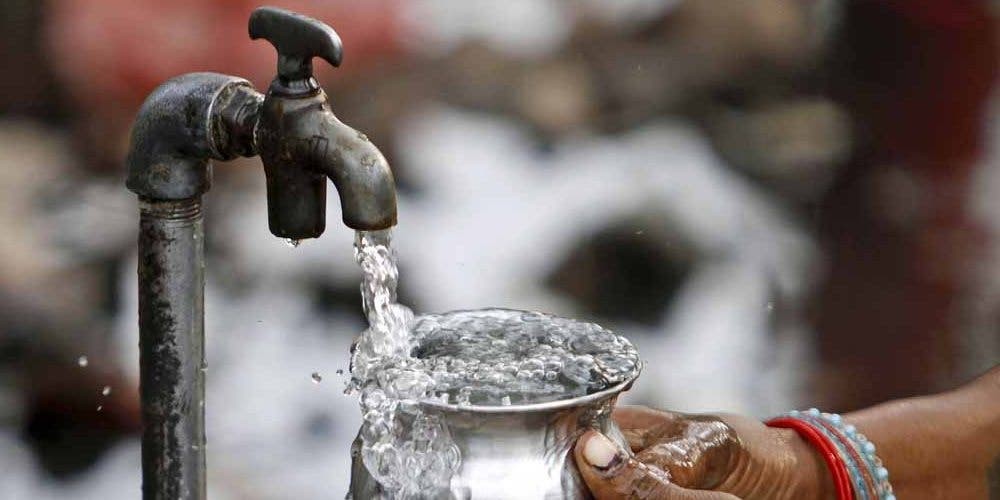
Application prospects of reverse osmosis water purification systems
Given the quality issues of tap water in Indonesia, more and more households and businesses are considering using reverse osmosis water purification systems. This system can effectively remove microorganisms, heavy metals, and organic substances from water through multiple processes such as physical isolation, filtration, and desalination, providing safer drinking water.
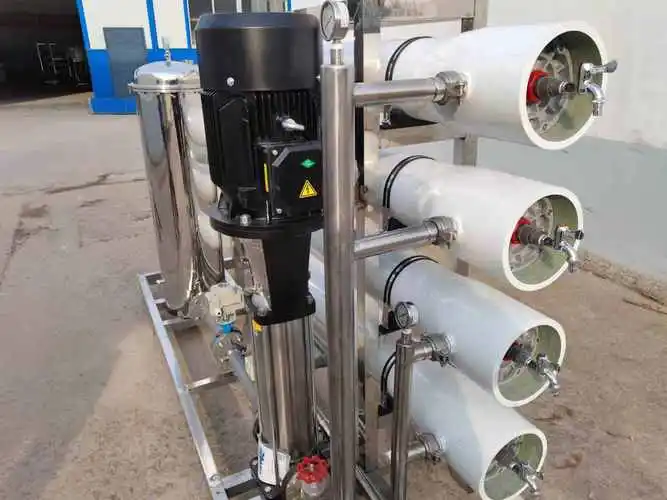
The advantages of reverse osmosis water purification systems
Significant microbial removal effect: The micropores of the reverse osmosis water purification system can effectively prevent the passage of bacteria and viruses, ensuring the purity of water quality.
Efficient filtration of heavy metals: Reverse osmosis membranes have a good retention effect on heavy metals, preventing them from entering drinking water.
Strong organic matter purification ability: Through multi-layer filter materials and advanced reverse osmosis membranes, the system can effectively remove organic matter from tap water.
Safe and reliable drinking water: The reverse osmosis water purification system installed at the water source of households or enterprises allows residents to directly access safe and reliable drinking water, no longer subject to fluctuations in tap water quality.
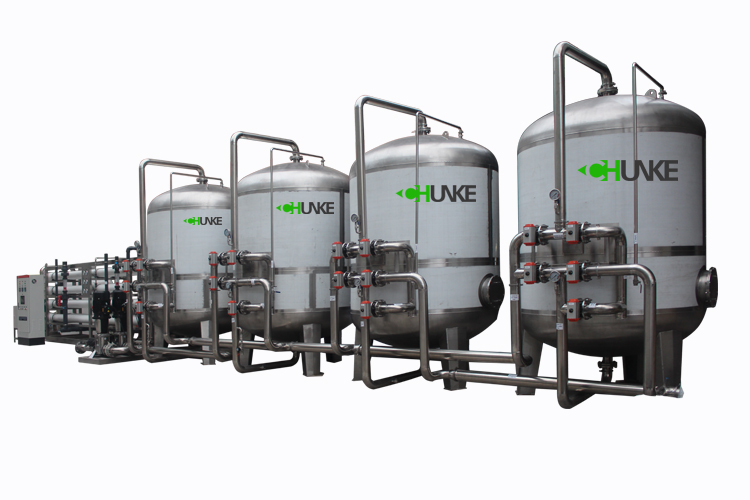
The Application Status of Reverse Osmosis Water Purification System in Indonesia
Some Indonesian households and businesses have started adopting reverse osmosis water purification systems to ensure access to cleaner and safer drinking water. This technology is gradually becoming popular in both urban and rural areas.
Future Outlook: Technology Assists Safe Drinking Water
In the future, with the continuous innovation and promotion of reverse osmosis water purification technology, it is believed that this system will achieve greater success in Indonesia. The advancement of technology will help Indonesian residents overcome the problem of unstable tap water quality and enjoy safer and fresher drinking water resources.
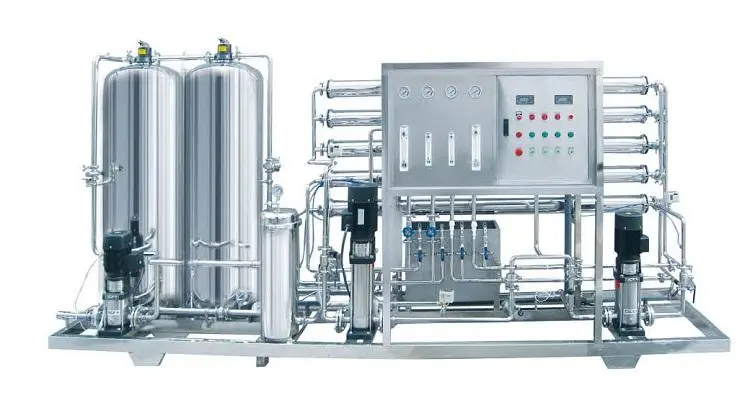
summary
There are still certain safety hazards in the quality of tap water in Indonesia, so it is not recommended to drink it directly. As the application of reverse osmosis water purification systems in Indonesia gradually expands, people will have more confidence in welcoming the era of fresh and safe drinking water.




